Call for Papers | Crafting an Enlightened World: Patronage & Pioneers

Grinling Gibbons, detail from the King David panel, ca. 1670, boxwood
(York: Fairfax House)
◊ ◊ ◊ ◊ ◊
2017 Fairfax House Georgian Studies Symposium
Crafting an Enlightened World: Patronage & Pioneers
Fairfax House, York, 19–20 October 2017
Proposals due by 8 September 2017
York, from the late seventeenth to the early nineteenth century, was amongst the key centres in Britain where ideas, innovation, experimentation, and invention flourished, contributing to what is now referred to as the ‘era of Enlightenment’. Indeed, York was to play host to nationally and internationally celebrated astronomers, historians, clockmakers, scientists, painters, sculptors, architects, and cabinet-makers, as well as leading anti-slavery campaigners and enlightened mental health providers. The interdisciplinary nature of the talent which converged in vibrant hubs across the country such as York, reflected the spirit of the age in which scholars could simultaneously delve into religion, philosophy, natural sciences, mathematics, history, and the arts, seemingly without conflict. These progressive environments were key in sustaining and nurturing talented—often providing vibrant nexus points through which talented thinkers, scientists, artists, and craftspeople traversed, trained, worked, and often decided to permanently reside.
Crafting an Enlightened World: Patronage and Pioneers will be Fairfax House’s Fifth Symposium in Georgian Studies. Held in conjunction with the exhibition Made in York: Inventing & Enlightening the Georgian City, it aims to delve deeper into the theme of ‘Crafting an Enlightened World’ during the long eighteenth century (c.1680–1830), examining its roots and legacy. The symposium will focus on the driving forces behind creating an enlightened world and in turn how the Enlightenment fed and helped forge the environment in which pioneering craftsmanship in Britain during this period took flight.
Drawing on the breadth and diversity of enlightened talent which flourished in Britain during the era, the symposium hopes to offer a re-examination of the period, moving away from the London-centric narratives which have dominated analysis of the era, to a more nuanced yet holistic view of this period which also takes account of the regional Georgian urban realm.
The symposium will take place over two days. Day One will explore the contexts which emerged and fostered ‘enlightened’ creativity in the period. Echoing the eclectic interests of enlightened polymaths, we hope this first day will be broad and varied in the range of topics discussed and may include (though not limited to): studies focusing on the ‘enlightenment’ in the public, private and urban realms, clubs and societies, intellectual networks, the tools used in the dissemination of ideas and inventions, patronal networks, collecting, connoisseur and antiquarianism, issues of class and gender in Enlightenment practice, taxonomy, the historiography of the enlightenment, or the enlightenment as a literary phenomenon.
Building upon this, Day Two will primarily focus on ‘enlightened craftsmanship’, in its many varied forms and expressions. We hope to examine the processes of invention, creation, and crafting which gave physical expression to the phenomenon of the ‘enlightenment’. Considering its pioneers and patrons, topics could include but are not limited to: the influence of ‘enlightenment’ ideas on the arts, the synergy which existed between the sciences and the arts, the emergence of academies and centres of excellence, the role of religion, and regionality.
In the light of Fairfax House’s recent acquisition of Grinling Gibbons’s first-known, made-in-York artwork, the King David panel, a key part of Day Two will be devoted to his work, and we encourage in particular papers which look at the intersection of Gibbons, pioneering craftsmanship, and the Enlightenment.
Contributions in the form of papers not exceeding 20 minutes in length are invited addressing relevant topics. We are keen to encourage participation from the widest possible range of disciplines and backgrounds: museum professionals and volunteers, scholars and students in higher education, artists, craftspeople, and other practitioners. Please send proposals of around 200 words, accompanied by a brief one-paragraph biography, to fairfaxhousesymposium@gmail.com by Friday 8 September 2017. Any queries about the symposium should be sent to the same email address.
For the past five years Fairfax House has brought together world-class researchers from the academic and museum worlds for its annual Symposium in Georgian Studies. The symposia have provided a forum for the sharing of new and emerging scholarship into the long eighteenth century and the collaboration of academics and museum professionals in presenting this research to a public audience. As part of this ongoing commitment to expanding the reach of eighteenth-century scholarship, Fairfax House is excited to present its Cabinet of Curiosities. This addition to Fairfax House’s public-facing website will encompass fully-credited scholarly articles based on content from past exhibitions held at Fairfax House as well as articles from academics and museum professionals with interests in the long eighteenth century. A wide range of aspects of eighteenth-century life are to be covered from national to regional levels including consumption, fashion, revolution, urban life, Georgian households, architecture, enlightenment, and leisure. It is anticipated that the scholarship shared at the symposia will be disseminated through this site to a broader public audience and we therefore hope that speakers will consider contributing their papers to the Cabinet of Curiosities.

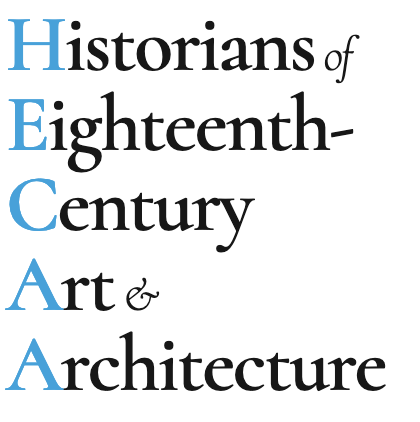

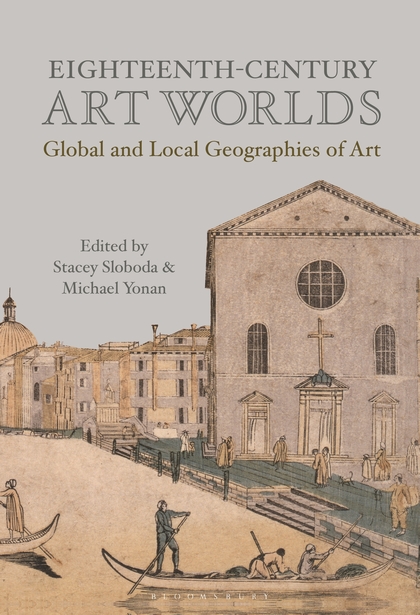

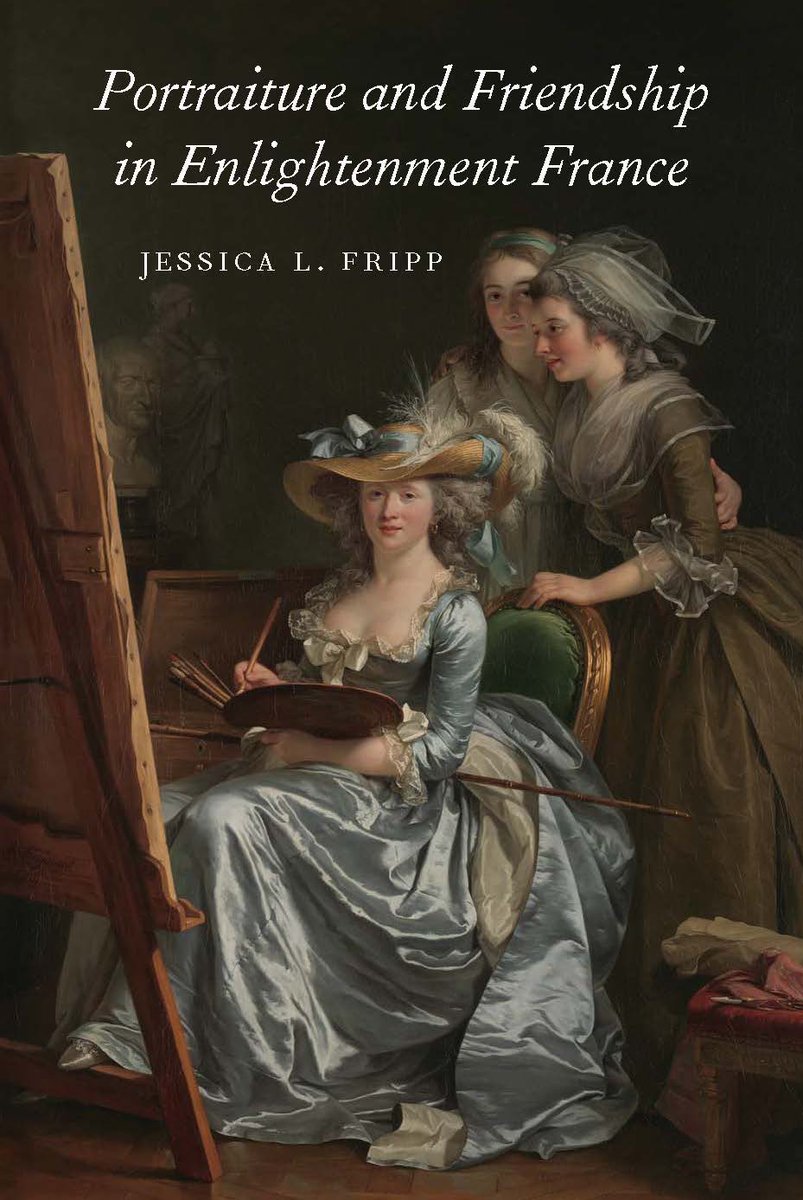















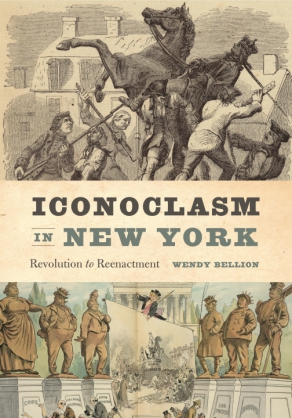



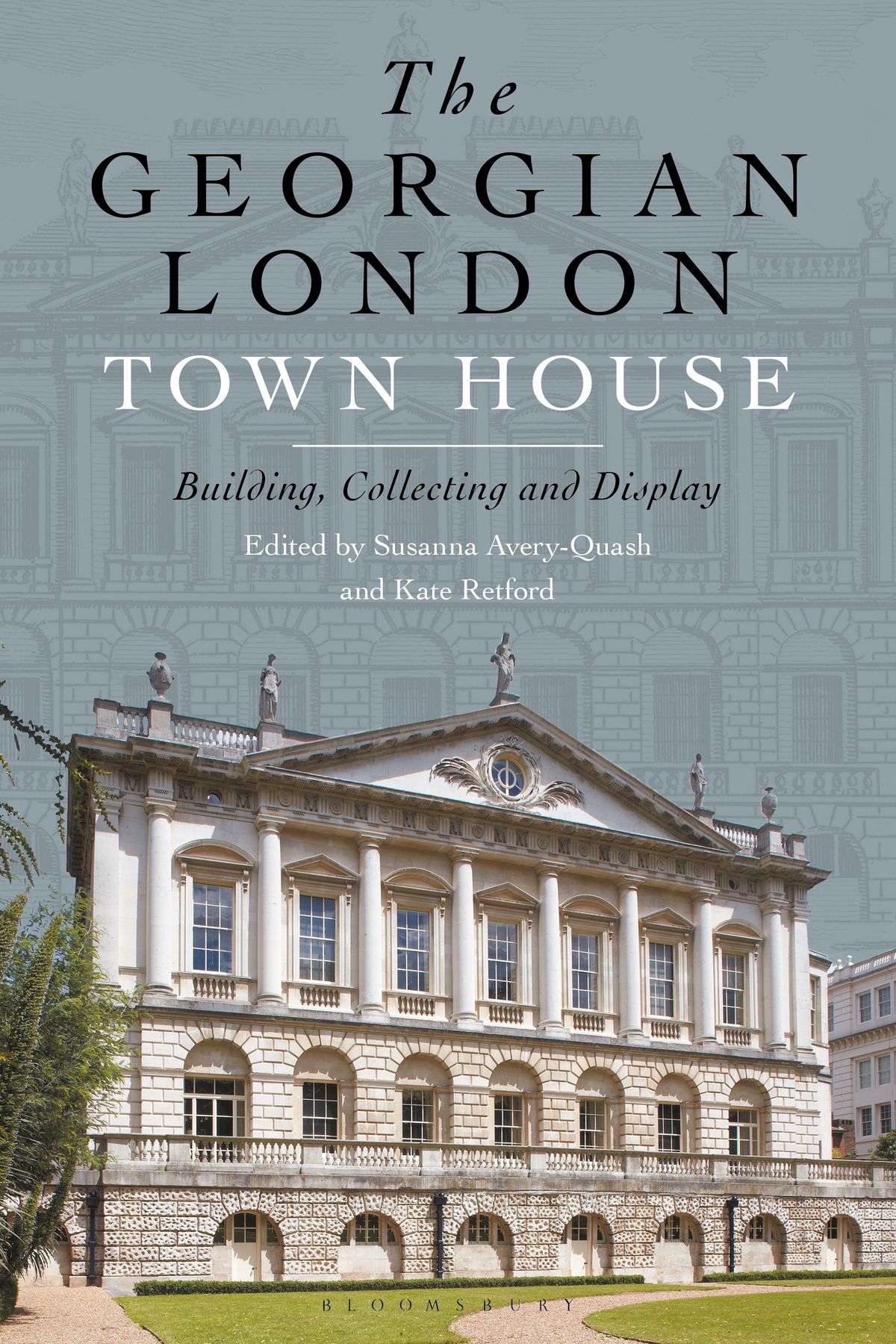


leave a comment